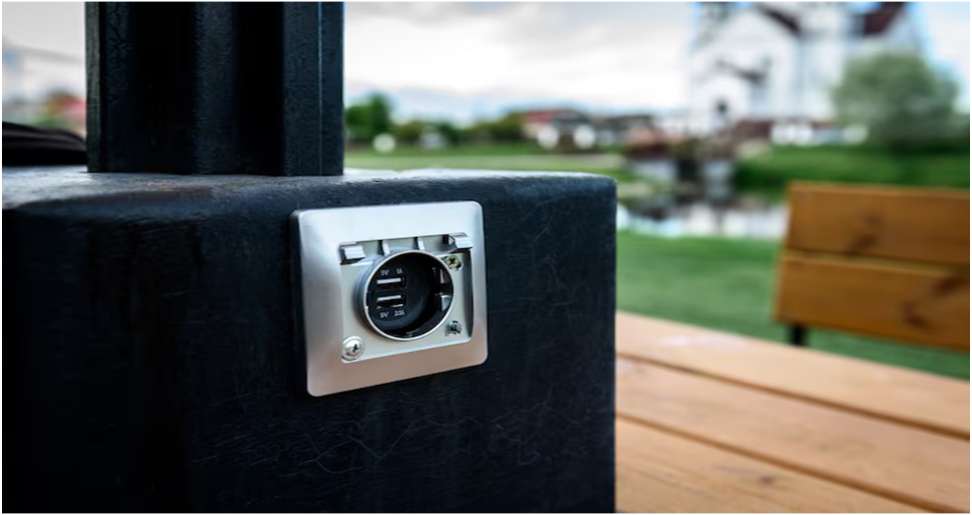Electrical upgrades are essential for the safety and efficiency of both homes and businesses. Whether it’s a residential electrical repair or a commercial electrical system estimating service, proper planning and budgeting are crucial. This article will guide you through the process, ensuring you are well-prepared for your next electrical upgrade project.
Understanding the Need for Electrical Upgrades
Electrical systems age and become outdated. This can lead to inefficiencies and safety hazards. For residential properties, common issues include overloaded circuits and outdated wiring. In commercial settings, the demands are higher, and the systems more complex. Regular upgrades are necessary to meet safety standards and improve energy efficiency.
Assessing Your Current Electrical System
Before planning an upgrade, assess your current electrical system. Identify areas that need repair or improvement. For residential electrical repairs, look for signs like frequent tripping of circuit breakers, flickering lights, or unusual noises from outlets. In commercial properties, conduct a thorough inspection with a professional. They will check for compliance with current codes and standards.
Setting Clear Objectives
Define what you aim to achieve with the electrical upgrade. For residential properties, this might include adding more outlets, upgrading the panel, or improving lighting. For businesses, the objectives can be more extensive. These might include installing energy-efficient systems, expanding capacity for new equipment, or ensuring compliance with regulations. Clear objectives will guide the entire process.
Budgeting for Residential Electrical Repairs
Budgeting for residential electrical repair involves several factors. First, consider the scope of the project. Minor repairs like fixing a single outlet will cost less than rewiring an entire home. Labor costs vary by region, so research local rates. Additionally, factor in the cost of materials. High-quality components may cost more but offer better longevity and safety.
Estimating Costs for Commercial Electrical Upgrades
Commercial Electrical System Estimating Services are vital for accurate budgeting. These services provide detailed cost estimates, helping businesses plan financially. Factors influencing the cost include the size of the building, the complexity of the existing system, and the extent of the upgrade. Hiring a professional estimator ensures that no critical aspect is overlooked, and provides a realistic budget.
Selecting the Right Contractor
Choosing the right contractor is crucial for the success of your electrical upgrade. For residential electrical repairs, look for licensed and experienced electricians. Check reviews and ask for references. In commercial settings, the stakes are higher. Ensure the contractor has experience with commercial projects and a solid reputation. Verify their credentials and insurance coverage.
Planning the Upgrade Timeline
A well-planned timeline ensures minimal disruption and efficient completion of the project. For residential upgrades, plan around your schedule to minimize inconvenience. In commercial settings, consider the operational hours. Schedule upgrades during off-peak times or weekends to avoid business disruption. Communicate the timeline clearly with your contractor and ensure they adhere to it.
Securing Permits and Inspections
Electrical upgrades often require permits and inspections. For residential repairs, this might involve minor permits. In commercial projects, the requirements are more stringent. Work with your contractor to secure the necessary permits. Schedule inspections to ensure compliance with local codes and regulations. Proper documentation is essential for future reference and legal compliance.
Managing Unexpected Costs
Unexpected costs can arise during electrical upgrades. Set aside a contingency budget to cover unforeseen expenses. In residential projects, this might include discovering outdated wiring that needs replacement. In commercial settings, unforeseen issues can be more complex and costly. Regular communication with your contractor can help manage and mitigate unexpected costs.
Prioritizing Safety
Safety is paramount in electrical upgrades. Ensure that all work complies with safety standards and regulations. For residential repairs, this includes using high-quality materials and following best practices. In commercial settings, the safety protocols are more rigorous. Ensure that the contractor adheres to all safety guidelines and conducts thorough safety checks.
Read also
- Saudi Airlines rolls out amazing air ticket offer
- You Can Now Travel Across Europe With One Air India Ticket!
- Bhutan halves per day tourist fee to attract global visitors


